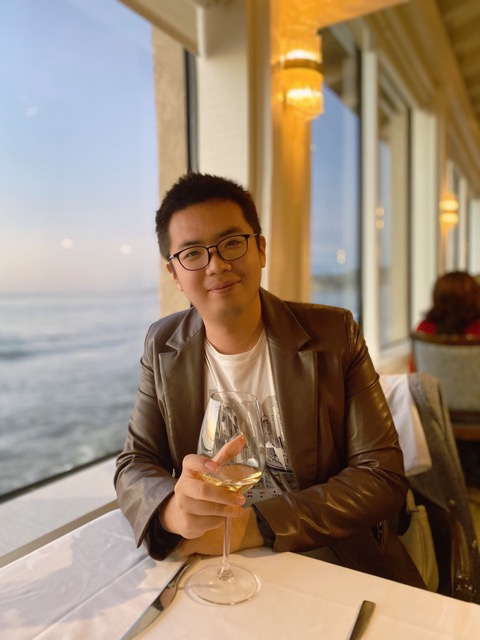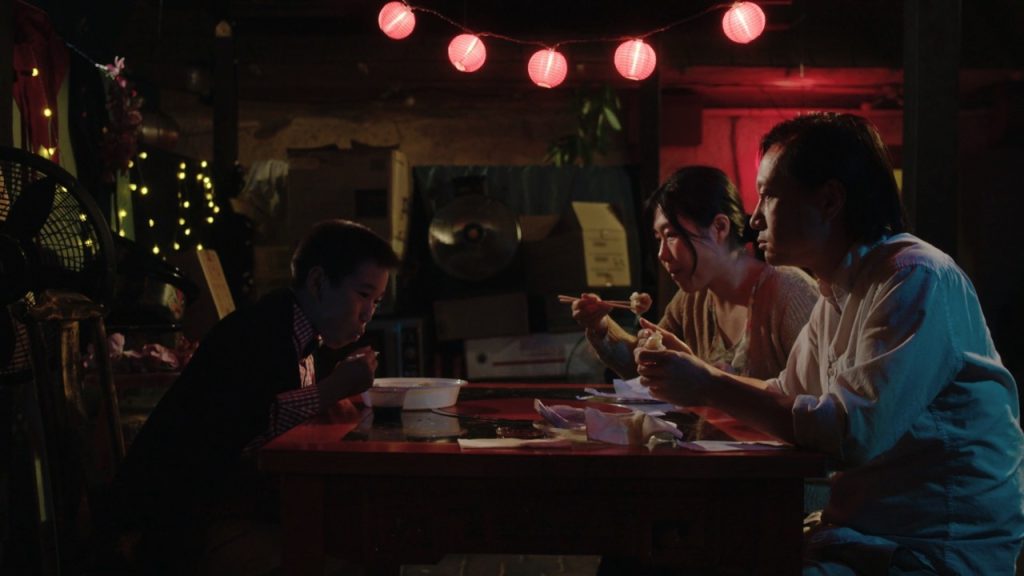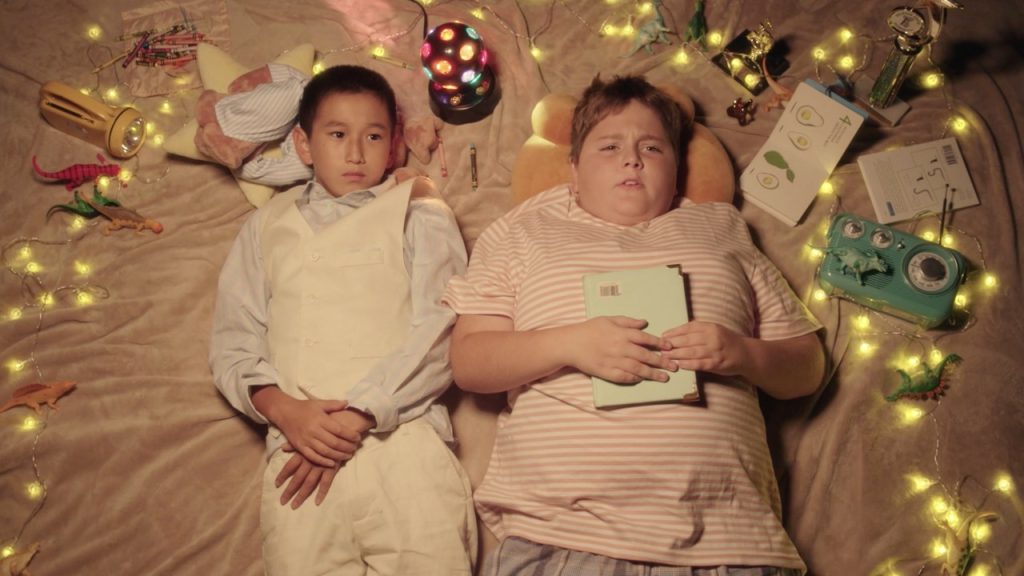
Robin Wang is a profoundly gifted communicator. His vehicle is film but his power is connecting us through emotional tenets of the human experience. We all long to be “seen” by others and Mr. Wang continually proves that he has an intuitive gift for this. Born in China, attended high school in Singapore, and furthered his studies in America, Robin is the epitome of the modern filmmaker who possesses a truly worldwide perspective which allows him to unearth the universality of great stories and ideas. Currently directing a feature film (Jack and Lou: A Gangster Love Story) for Warner Brothers starring Primetime Emmy and Golden Globe Nominee Linda Hamilton and Sebastiano Pigazzi (of Critics Choice Award-nominated Paramount Series The Offer), Robin’s recent productions offer evidence of the greatness he manifests. Vastly different in tone from a mafia film set in the 1920s, Wei Lai is a comedy about Asian immigrants and the struggles of blending cultures. The emotional expanse between these two productions is vast but they are both imbued with the fingerprint of a masterful storyteller. Wei Lai itself will elicit tears and audible laughs, clear evidence of this director’s ability to cultivate the best in his team and transfer this to an astute audience.

Somehow, we’ve been erroneously convinced that for a film or TV production to resonate in both America and China, it must be a VFX action blockbuster. Wei Lai eviscerates this notion easily with a story about the intersect of both cultures. With 200,000 views on Xinpianchang (China’s equivalent of Vimeo) and status as a Xinpianchang Staff Pick & Xinpianchang Year End Inventory-Best Short Films of the year (based on popularity and awards), Wei Lai received nominations at multiple festivals in China and was awarded Best Director and the Audience Award at the 8th New Vision Film Festival in Beijing. As an official selection of Lonestar Film Festival, Newport Beach Film Festival (the largest film festival in Southern California), Bentonville Film Festival, Bronzelens Film Festival (Oscar-qualifying) and others, America similarly embraced the magnificence of Wei Lai. The best films are the most personal. That might seem unintuitive but there’s something about specificity that speak honestly. Robin Wang confesses, “In this movie, we used laughter to look at pains. The pains of not knowing the grammar of love to speak to our father’s generation and the heartbreak of hurting each other. More than anyone, I made this film to speak to my own father. We wanted to create a bittersweet comedy, rather than a facetious comedy, that balances humor and heart, to accurately reflect life as it is. I believe the greatest comedies are inherently tragedies; it is by using humor to examine our bitterest pains can we shed new light on the matter and make a film that is both entertaining as well as stimulating to the mind.”

Arthur Zhang (as Wei-Lai) is magnificent for an actor of any age, let alone one so young. Wei Lai sees his parents as inordinately strict compared to those of his white American best friend. Deciding that he’s had enough, Wei-Lai makes a pitch to these middle-class American parents to adopt him. When the group dines out at the same restaurant where Wei Lai’s parents work, volatility erupts as Wei-Lai dons a “white face” and causes a scene. Zhan Wang (Wei-Lai’s dad) delivers one of the most powerful moments of the film as a loving father whose life and culture have restricted his free flowing of emotions. The Chinese idea of “turquoise” is utilized in this film with duality; that of social ascension as well as a superimposed pressure on younger generations to succeed. The pairing of cultures, sense of humor, and deep emotions is remarkable. It’s hard to imagine anyone other than Robin Wang having the vision and experience to attain this tone at such a high level. Speaking to people of both cultures is not an idea overlooked by Mr. Wang who imparts, “When I showed this film at several of China’s film festivals and the distribution platform Xinpianchang, it was the first time that my distant relatives in China were able to watch one of my films, and they were profoundly moved by it. Because of the language barrier, I did not translate most of my previous films to be distributed in China. In addition, the subject matter, style, and themes of my previous films were too edgy to be appreciated by a traditional community there. But Wei-Lai is different. It has been universally praised and well-received in both the West and the East. It is especially relieving to me that a film about Chinese Americans overseas can find its way back home. Even my aunt is able to appreciate it. It reminds me again that a great story can transcend the barriers of culture and country to remind us all of our shared humanity because love knows no boundaries and takes its own shape and form in different cultures.”
Writer: Arlen Gann


Be the first to comment on "Wei Lai is a Love Story to Immigrant Families in America"